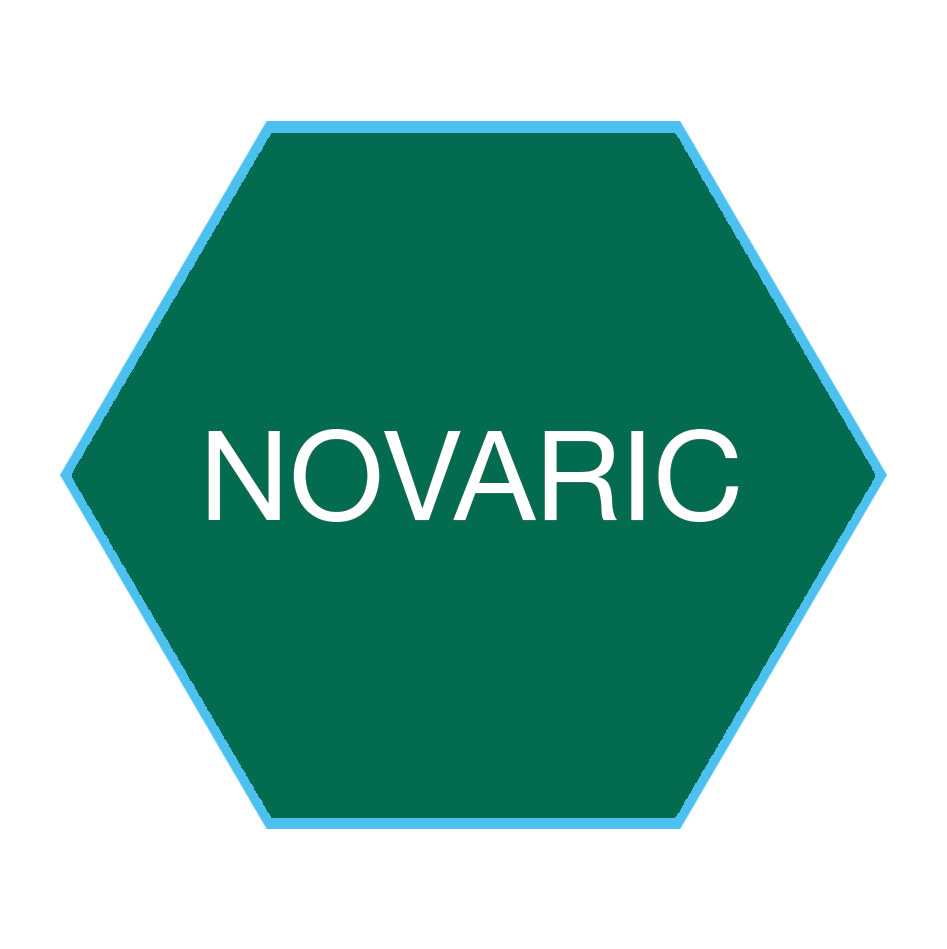Kitchen
This professional Kitchen course enables students to acquire the necessary skills to work in professional kitchens. At the end ofthe course, the student will know the criteria for the selection of rawmaterials, their transformation, and accurate storage and will be able to takecare of the presentation of individual dishes and menus. Among other things,students will be able to cook traditional dishes in different areas of Albania. Students will be able to know safety at work and to apply the rules oftechnical security, strictly follow the rules of personal hygiene, food, toolsand work environment, and prepare assortments of menus for ordinary and festive banquets.
The student will gain general knowledge about the field of hotel and tourism in Albania, and also to know the Albanian and foreigntraditions of hotel and tourism.
General Objectives and Outcomes of the Culinary Course
At the end of the course, the trainee will be able to:
know the field of hotel and tourism
know the services of hotel and tourism in Albania
know the Albanian tradition of hotel and tourism
know the foreign tradition of hotel and tourism
know the typologies of Albanian and foreign clients
know the structure of the bar and restaurant
know the way the bar and restaurant work
Understand and interpret correctly the message given by the waiter or customer at the bar
have basic knowledge of the profession of chef, for the art and magic of cooking, the history and developments of this art today in the world, but also for the Albanian tradition related to cooking
have the basic concepts of beautiful taste to prepare and serve orders, for their appearance or ten of the work environment
Be able to read, use and design different menus used in kitchens and restaurants
know but also to know how to preserve the nutritional values during the cooking process as well as to know how to distinguish damaged and expired foods and assortments
know how to prepare with quality and taste the order made by the client
know how to beautifully serve the order as a basic rule that directly affects customer satisfaction
know how to select correctly the raw materials that will be used in any type of cooking
know how to prepare all kinds of salads with fresh, canned, boiled or even grilled vegetables (first course)
know how to prepare meat broths as well as all types of soups
know how to cook dough
know how to cook the variants of meat used in restaurants and especially traditional cooking
know how to clean and cook chicken
know how to cook fish and seafood variants used in restaurants and especially traditional cooking
know how to cook different sweets
prepare assortments of menus for ordinary and festive banquets
know and know how to manage the types and features of special services in restaurants
decorate food in the kitchen according to the rules and aesthetic tastes
Respect the standards of the profession
use professional literature independently
know safety at work and to apply the rules of technical security
Strictly follow the rules of personal hygiene, food, tools and work environment
perform simple economic calculations in the kitchen activity
have basic knowledge on labor legislation, on which this activity will be established and function
Course Plan
| Module | Module Title | Theoretical Hours | Practical Hours | Assessment Hours | Total Hours |
|---|---|---|---|---|---|
| Module 1 | Introduction to Hotel-Tourism | 56 hours | 34 hours | 10 hours | 100 hours |
| Module 2 | General Introduction to the Profession of Chef | 28 hours | 98 hours | 14 hours | 140 hours |
| Module 3 | Cooking Meats | 40 hours | 160 hours | 20 hours | 220 hours |
| Module 4 | Cooking Fish and Other Seafood | 40 hours | 160 hours | 20 hours | 220 hours |
| Module 5 | Cooking at receptions, parties, and other ceremonies. Organizing work and building an economy |
24 hours | 84 hours | 12 hours | 120 hours |
| Module 6 | Traditional Kitchen | 20 hours | 70 hours | 10 hours | 100 hours |
